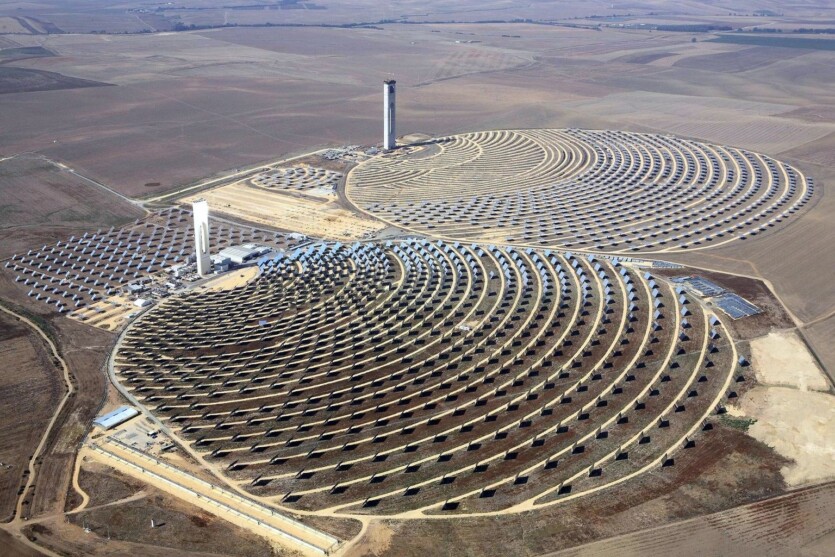
Researchers from the University of South Australia have developed lightweight plastic mirrors that can help reduce the cost of solar thermal energy by 40%.
It is noted that this technology was originally developed for cars as rear-view mirrors. However, it can now be useful in agriculture, industrial enterprises, to reduce the cost of tillage, grain drying, desalination, and other processes.
Unlike solar photovoltaic panels, thermal installations collect solar heat rather than light. The reflectors then heat the heat sink, which converts the sun’s radiation directly into heat energy.
Australian scientists have used plastic mirrors produced by UniSA, which are 50% lighter than glass and can be folded. A special coating of aluminum and silicon provides these mirrors with high reflectivity.
Two models will be tested as part of the trial. Each of them will have 16 such mirrors. The tests will take place on the territory of the Vineyard of the Future at Charles Sturt University — a site specializing in on innovative technologies in winemaking.
«We are witnessing record fossil fuel prices and growing pressure on industry to decarbonize. This concentrated solar thermal solution is uniquely suited to Australia’s hot, dry climate and offers a viable pathway to zero-emission process heat», — emphasizes Colin Hall, professor of technology development at UniSA.
This work is a continuation of last year’s project in China, which saw the construction of two towers surrounded by mirrors installed by in concentric overlapping circles, and are able to follow the movement of the Sun, reflecting light to any of the towers. This made it possible to increase the efficiency of generation solar thermal energy by 24%.
«Industrial, process heat production accounts for a staggering 25% of global energy consumption and 20% of emissions CO2. Such innovations can help us meet these needs without putting too much strain on the environment», — emphasized UniSA project manager Dr Martha Jane.
Source: University of South Australia; New Atlas

Spelling error report
The following text will be sent to our editors: